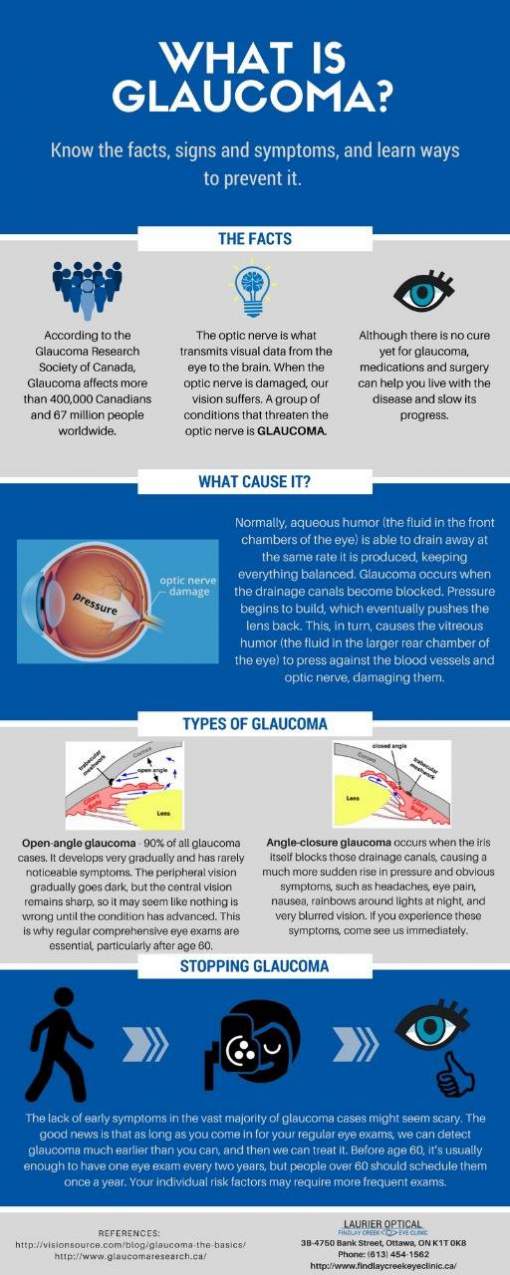If you're pondering SMILE eye surgery, ponder this: are you prepared to accept prospective visual flexibility, or does the thought of any risks make you wait? Your choice will hinge on a cautious balance of considering the advantages against the uncertainties. It's crucial to dive deeper into the subtleties of SMILE surgery to make an educated choice that straightens with your visual objectives.
Recognizing SMILE Eye Surgical Treatment
When thinking about SMILE Eye Surgical procedure, it is necessary to comprehend the procedure and its advantages. SMILE, which stands for Tiny Cut Lenticule Removal, is a minimally intrusive laser eye surgical procedure that deals with typical vision problems like myopia (nearsightedness).
During the treatment, your eye cosmetic surgeon will certainly use a femtosecond laser to develop a tiny laceration in your cornea. Via this laceration, a little disc of cells called a lenticule is removed, reshaping the cornea and fixing your vision.
Among the crucial benefits of SMILE Eye Surgical treatment is its quick recovery time. Many individuals experience improved vision within a day or more after the procedure, with marginal pain.
Additionally, SMILE is known for its high success rate in giving long-term vision improvement. Unlike LASIK, SMILE doesn't require the development of a flap in the cornea, reducing the danger of problems and allowing for a more stable corneal structure post-surgery.
Understanding browse around here and its benefits is important when thinking about SMILE Eye Surgical treatment for vision modification.
Advantages and disadvantages of SMILE
Thinking About SMILE Eye Surgical treatment for vision improvement features various benefits and prospective disadvantages.
One of the primary pros of SMILE is its minimally invasive nature, as it includes a tiny cut and generally causes fast recuperation times. The treatment is additionally recognized for causing minimal discomfort and completely dry eye signs post-surgery contrasted to various other vision modification methods. Additionally, SMILE has been shown to give exceptional visual outcomes, with several patients accomplishing 20/20 vision or much better.
On the other hand, a potential disadvantage of SMILE is that it may not appropriate for individuals with severe refractive mistakes, as the treatment variety is rather restricted compared to LASIK. One more consideration is that the learning contour for cosmetic surgeons carrying out SMILE can influence the availability of knowledgeable service providers in particular areas.
It is very important to weigh these benefits and drawbacks very carefully when deciding if SMILE is the right selection for your vision improvement demands.
Establishing Eligibility for SMILE
To identify if you're qualified for SMILE eye surgical treatment, your eye doctor will perform a complete examination of your eye health and wellness and vision demands. Throughout this evaluation, variables such as the security of your vision prescription, the thickness of your cornea, and the total wellness of your eyes will certainly be assessed.
Typically, go to website for SMILE are over 22 years old, have a secure vision prescription for at the very least a year, and have healthy and balanced corneas without conditions like keratoconus.
Your optometrist will additionally consider your total eye wellness, any kind of existing eye conditions, and your way of life needs to identify if SMILE is the best option for you. It's vital to connect any particular aesthetic needs or concerns you may have during this evaluation to make sure that the treatment aligns with your assumptions.
If you aren't qualified for SMILE, your optometrist may advise alternative vision modification choices that better suit your private requirements and eye health and wellness condition.
Final thought
Ultimately, making a decision whether SMILE eye surgery is right for you requires cautious consideration of your private eye wellness and visual demands. Seek advice from your eye doctor to determine your eligibility for the treatment and evaluate the possible benefits and drawbacks. Keep in mind to communicate any type of problems or questions you may have throughout the assessment procedure to make an informed decision about your vision improvement options.
